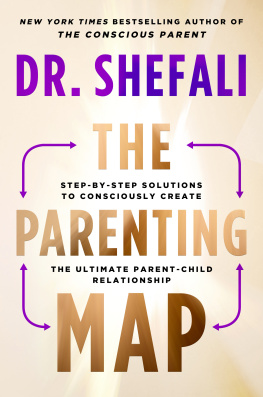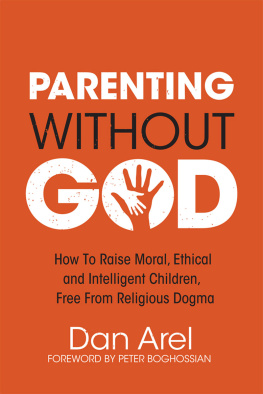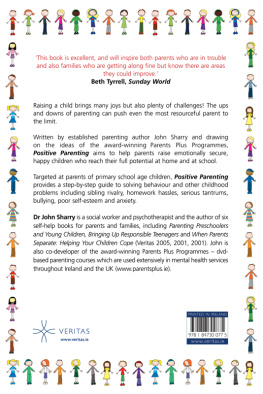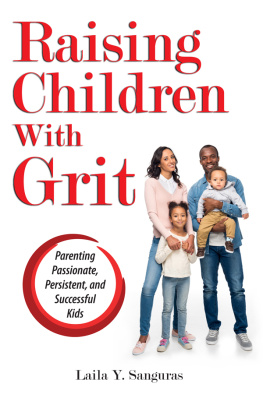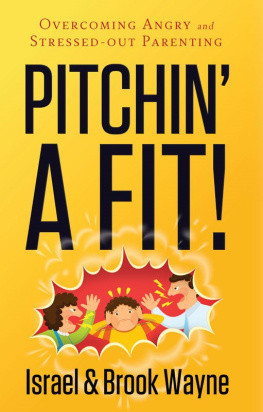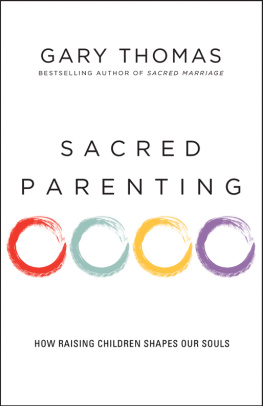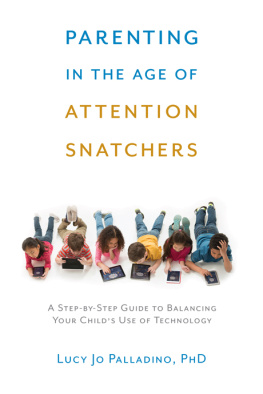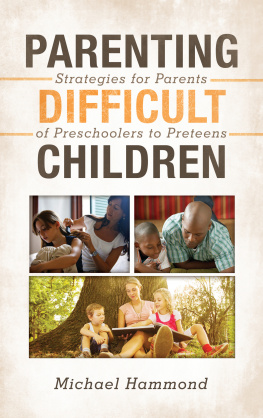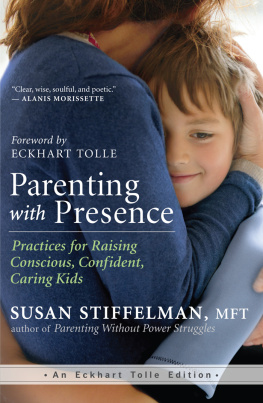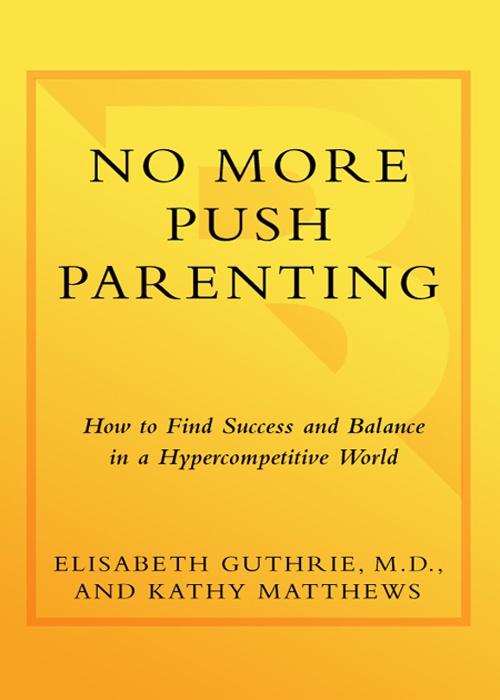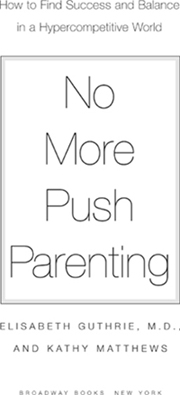Elisabeth Guthrie - No More Push Parenting: How to Find Success and Balance in a Hypercompetitive World
Here you can read online Elisabeth Guthrie - No More Push Parenting: How to Find Success and Balance in a Hypercompetitive World full text of the book (entire story) in english for free. Download pdf and epub, get meaning, cover and reviews about this ebook. year: 2009, publisher: Harmony/Rodale, genre: Children. Description of the work, (preface) as well as reviews are available. Best literature library LitArk.com created for fans of good reading and offers a wide selection of genres:
Romance novel
Science fiction
Adventure
Detective
Science
History
Home and family
Prose
Art
Politics
Computer
Non-fiction
Religion
Business
Children
Humor
Choose a favorite category and find really read worthwhile books. Enjoy immersion in the world of imagination, feel the emotions of the characters or learn something new for yourself, make an fascinating discovery.

- Book:No More Push Parenting: How to Find Success and Balance in a Hypercompetitive World
- Author:
- Publisher:Harmony/Rodale
- Genre:
- Year:2009
- Rating:5 / 5
- Favourites:Add to favourites
- Your mark:
No More Push Parenting: How to Find Success and Balance in a Hypercompetitive World: summary, description and annotation
We offer to read an annotation, description, summary or preface (depends on what the author of the book "No More Push Parenting: How to Find Success and Balance in a Hypercompetitive World" wrote himself). If you haven't found the necessary information about the book — write in the comments, we will try to find it.
In Americas hypercompetitive culture, children are being suffocated by our quest to make them the best. As competitive parenting has been on the rise since the 1980s, so have rates of teen suicide, eating disorders, depression, and drug use. Yet the cycle of push parenting doesnt show signs of slowing down. Our children today are competing with classmates who began listening to Mozart in utero and were enrolled in educational classes at the ages of two and three. Under these circumstances, parents feel that they cannot afford to opt out.
No More Push Parenting offers solutions for parents caught up by the need to push their children to the top, those parents who dont want to push but worry that their children may not measure up. With her fifteen-plus years of clinical experience, Dr. Elisabeth Guthrie provides targeted, prescriptive alternatives to the problem of push parenting, supported by the illustrative case studies of real children who are and arent succeedingand why. She explores the ways in which children are hindered emotionally and intellectually by the pressure to succeed that they often feel from parents on a daily basis.
Helping parents discover the fine line between good parenting and pressure parenting, Dr. Guthrie provides them with the permission to do less pushing without sacrificing their ideals for their children, and offers techniques that they can use to deflect the pressure to push while still providing healthy encouragement. With tips for enhancing the development of every childs unique set of talents, the book is a vital reality check for anyone concerned about whats really best for kids.
Elisabeth Guthrie: author's other books
Who wrote No More Push Parenting: How to Find Success and Balance in a Hypercompetitive World? Find out the surname, the name of the author of the book and a list of all author's works by series.

